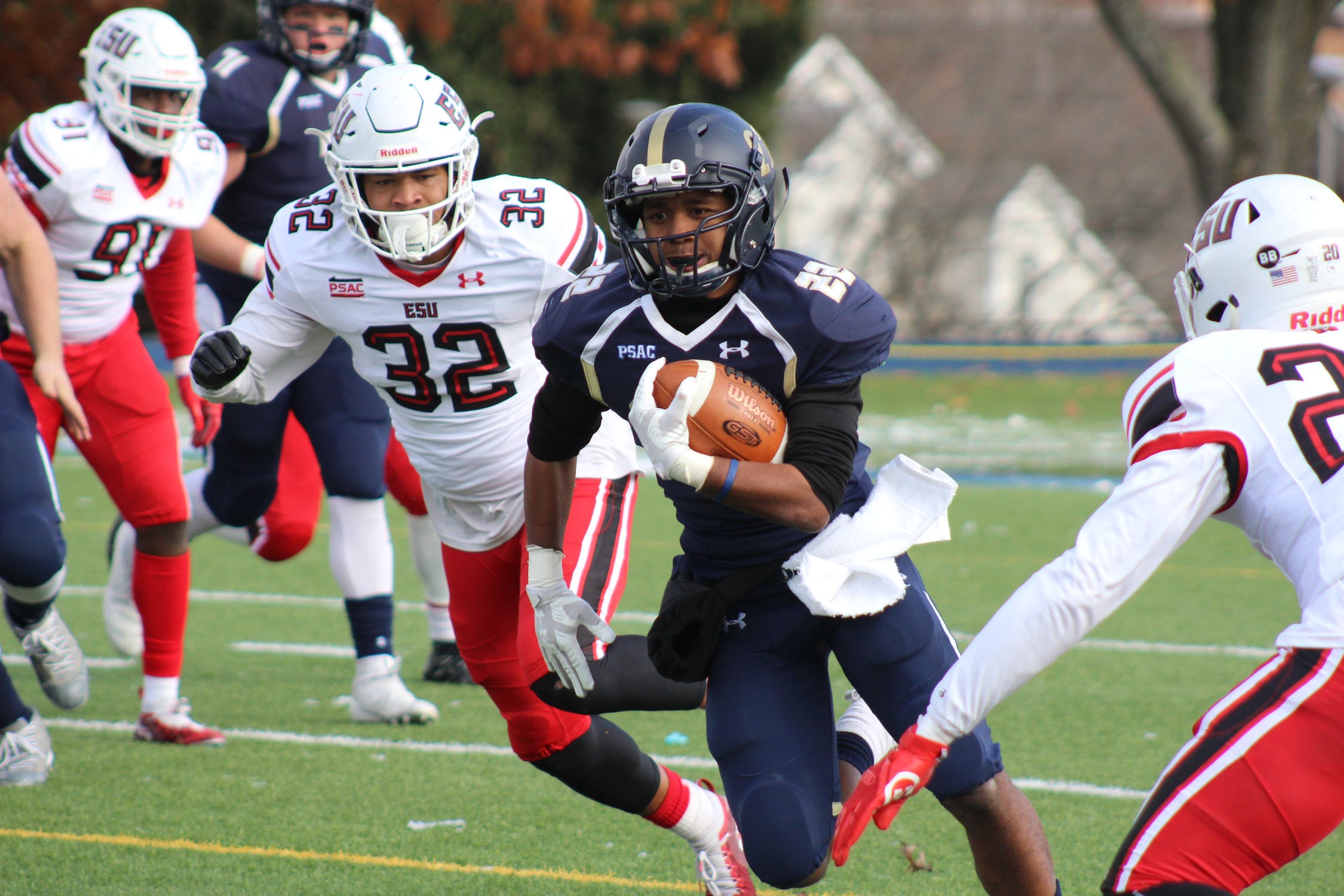NCAA Compensation Heads To Supreme Court
April 1, 2021
written on behalf of Feigenbaum Law
Back in December, we wrote about the United States Supreme Court’s decision to hear a petition from the National Collegiate Athletic Association’s (NCAA’s) regarding a US Circuit Court’s decision to uphold a lower court’s decision stating the NCAA could not put a cap on the compensation offered specifically to Division 1 football and basketball players. While the NCAA stated it is working on a plan to allow for compensation in some situations, the Supreme Court has not wasted any time, with arguments already heard and a decision expected by the end of June. Of course, all of this comes just as the NCAA gets ready for the final weekend of its hugely popular March Madness tournament.
NCAA leans on historical recognition of the status quo
Both the NCAA and player representatives made arguments before the country’s highest court.
The lower-court ruling held that colleges should be able to offer benefits to players, including graduate degree scholarships, paid post=graduate internships, and equipment related to their education.
The Washington Post reported today on arguments, which were held via teleconference. The story indicates that the court seemed highly critical of the NCAA’s arguments.
Lawyer’s representing the NCAA told the court that the organization was created more than 100 years ago with a goal to “restore integrity and the social value of college athletics” in an attempt to prevent college sports from turning into professional sports. Justice Elena Kagan told the NCAA that the organization’s history does not do much to address issues at the heart of the trial.
The story noted that some of the judges’ questions were critical of college sports in general, quoting Justice Samuel A. Alito Jr. as stating that student athletes are discouraged from taking difficult majors at school, and with low graduation rates and no payment, students are “ are recruited, they’re used up, and then they’re cast aside without even a college degree.”
Justice Kagan provided remarks similarly critical, stating that the NCAA’s arguments were “awfully high-minded” and that the issue is about the organization’s monopoly and control on amateur sports.
Players’ lawyers argue compensation is about education
While lawyers for the players as well as the Justice Department said the issue was about educational benefits and not compensation, which may have been an attempt to convince the court that the athletes can still be considered amateur if they receive benefits rather than payment for playing. Chief Justice John G. Roberts Jr. replied that even with that argument, the court was venturing down a path that resembles a Jenga game, where the court is being asked to pull logs out of how amateur sports are managed in the United States.
Elizabeth B. Prelogar, the country’s acting solicitor general, argued that the Supreme Court should recognize that the lower court’s decision was crafted to specifically only allow for education-related compensation.
This argument met some resistance from the court, with Justice Thomas stating that allowing educational benefits would allow bigger schools to out-compete against smaller schools that don’t have as much to offer.
Our team of professionals offers a full range of services to clients in the sports and entertainment industries including agents and coaches, especially as it relates to cross-border matters and financial arrangements. We take a personal approach with our clients, understanding and meeting their unique needs. Contact us online, or call us at (416) 777-8433 or toll-free at (877) 275-4792 to learn more about how we can help.





